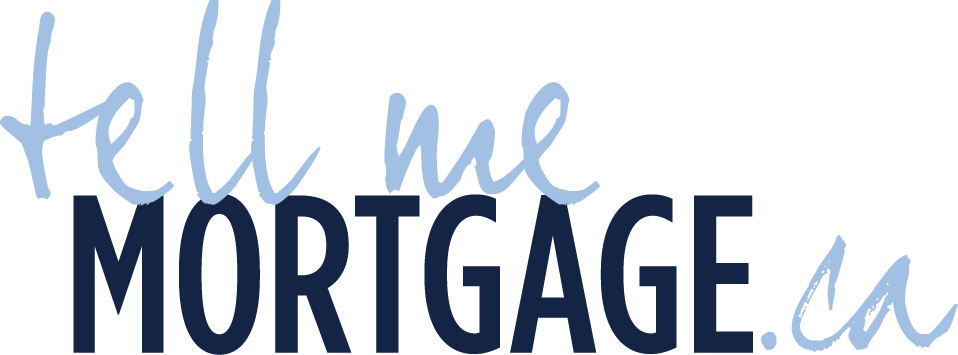
With the unsettling impact of COVID-19 on the global economy and strict social isolation requirements, the security of a place to call home is on everyones mind. Some are feeling the need for more space and wondering if its time to upgrade, while others are anxious about whether they can afford to keep the shelter they have.
I’ve been asked several times over the past few weeks if it is better to own or rent in the current COVID-19 climate, and if a desire to purchase should be delayed.
There is no one-size-fits-all answer, but below is an update on some programs to help with your current shelter situation and some important considerations if you are thinking about buying in the near future.
Financial aid for shelter security
Special programs have been launched to help ease the pressure of mortgage and rent obligations for homeowners and tenants affected by income loss related to COVID-19. Some relevant publications are listed at the end of this section.
Applications are being considered on a case by case basis to ensure those who need the assistance get it first, and details for mortgage holders may vary by lender.
Mortgage holders should contact their lender to confirm options and program details specific to your situation. A list of lender contact info can be found here [click!].
Check back here for another article coming soon to answer questions about the deferral programs.
- CMHC article on deferred payment programs
- Canada’s COVID-19 Economic Response Plan – see section Mortgage
- Renter supplement – Vancouver Sun article
- contact your specific lender
Should you buy in a COVID-19 economy?
If you are thinking about buying in the COVID-19 market, following are two important considerations before you make your decision.
Job security. You should have a frank conversation with your employer about job security. Be clear about your intentions to take on the financial obligations so your employer understands how his/her response will influence the decision you are about to make.
“No-man’s land” until closing. Be aware that the critical period between removing subjects from your purchase offer until closing is the “no man’s land” between rental assistance and mortgage deferral programs – ie. there are no official programs to bail you out. Given how quickly the world has changed in the past 2-3 weeks, a long closing increases exposure to an unexpected job loss during this period, regardless of your employer’s reassurance.
A mortgage approval assumes there will be no substantial change to the borrower’s income and credit position. A job loss during this critical period between could compromise mortgage approval and ability to close, putting the buyer in breach of contract and risk of losing their deposit, etc. Lender exceptions may be granted case by case, but you should not depend on this.
If you’re determined to buy, a short closing may be a prudent way to minimize risk and anxiety during this period.
As much as possible, try to balance emotion with a logical, informed decision.
Got questions?
Feel free to reach out with any questions. You can call me at 250-550-8272 or use the contact form from the menu.
